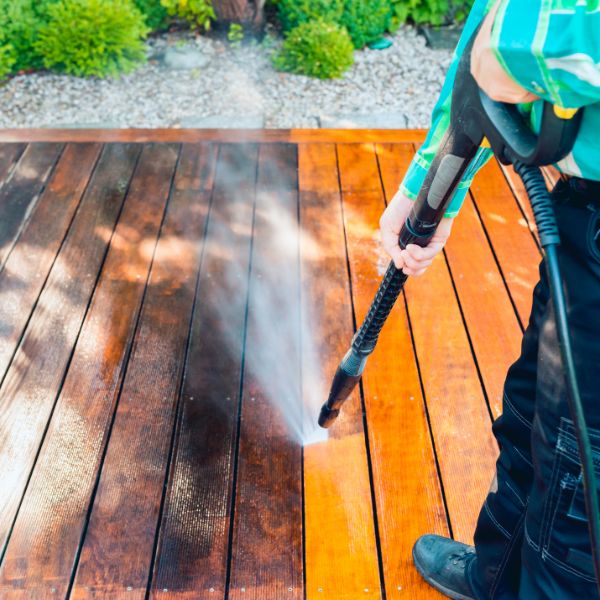Soft Wash vs Pressure Cleaning: Which Method Suits Your Surface?
Exterior cleaning isn’t one-size-fits-all. Different surfaces—and the contaminants they attract—require different methods. Using the wrong technique can damage delicate finishes or fail to remove deep-set grime.
The two most common methods are soft washing and pressure cleaning. Each has a specific purpose, and understanding the difference helps you get the right result for your home or business.
At Glason, we use both approaches depending on the material and the level of build-up—and often combine them for a thorough, safe, and lasting clean.
Pressure Cleaning
Pressure cleaning uses high-pressure water to remove built-up contaminants from tough exterior surfaces. It’s an effective method for dislodging dirt, grime, oil, and biological growth that has become deeply embedded over time.
This method is best suited to hard, durable materials that can withstand the force of high-pressure water without damage. It’s particularly effective on surfaces that are exposed to regular use, traffic, or weathering.
Ideal for:
- Driveways, paths, and pavers – Removes tyre marks, oil drips, dirt, and moss
- Concrete and brick walls – Lifts stains and grime from porous materials
- Retaining walls and kerbing – Clears dirt and organic growth from exposed edges
- Heavy grime, oil stains, and lichen – Cuts through contaminants that standard cleaning won’t shift
Pressure cleaning is often the best option when contaminants have set into the surface over time or when you’re preparing an area for sealing, painting, or resurfacing. It delivers a deep clean that restores the appearance and safety of outdoor spaces without the need for harsh scrubbing or chemicals.
Soft Washing
Soft washing uses low-pressure water and a specialised cleaning solution—usually a biocide—to break down and treat organic contaminants such as mould, algae, mildew, and grime. Unlike pressure cleaning, this method is gentle on surfaces and is designed specifically for materials that can be damaged by high-pressure water.
The cleaning solution does the heavy lifting, breaking down biological growth at the source so it can be safely rinsed away. This approach not only removes visible staining but also kills the spores that cause regrowth—offering longer-lasting results than water alone.
Ideal for:
- Painted walls and façades – Removes streaks, dirt, and mould without lifting paint
- Timber decks and fences – Safely cleans without gouging the grain or raising the wood
- Roof tiles and gutters – Treats algae, lichen, and leaf residue on delicate or older roof materials
- Areas with mould, mildew, or organic grime – Kills growth at the root, helping prevent rapid return
Soft washing is the preferred method when cleaning delicate, textured, or coated surfaces, especially when organic contamination is the primary concern. It’s often used in combination with pressure cleaning—for example, soft washing walls while pressure cleaning surrounding hardscapes—to ensure the right technique is applied to every part of the property.
"Trusted by Central Coast locals for 30+ years".
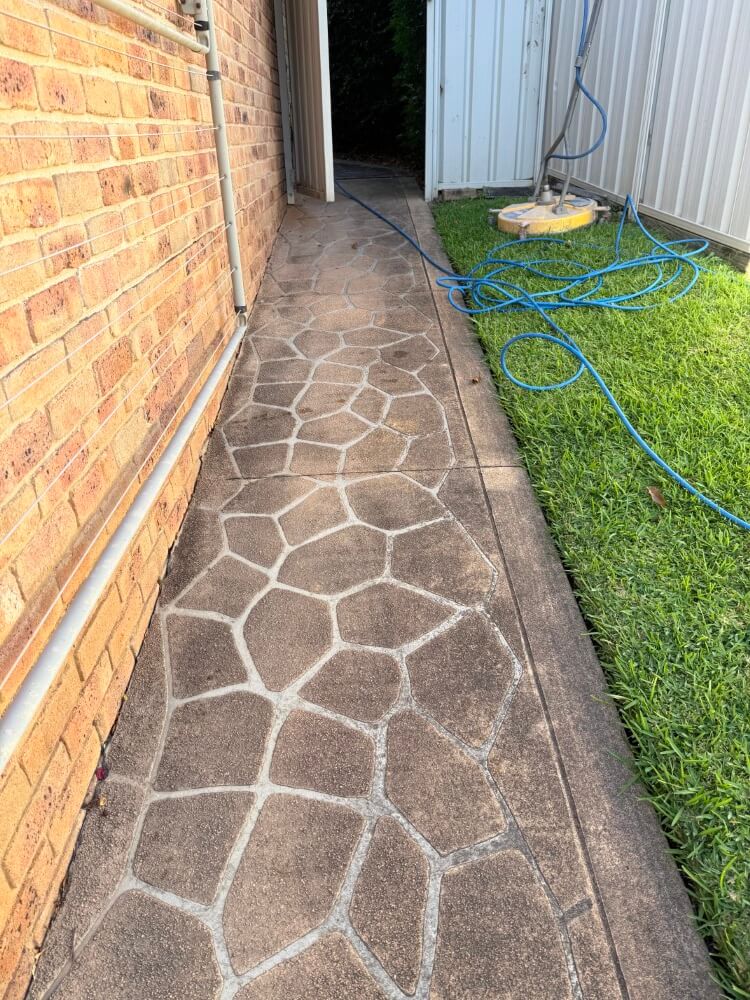
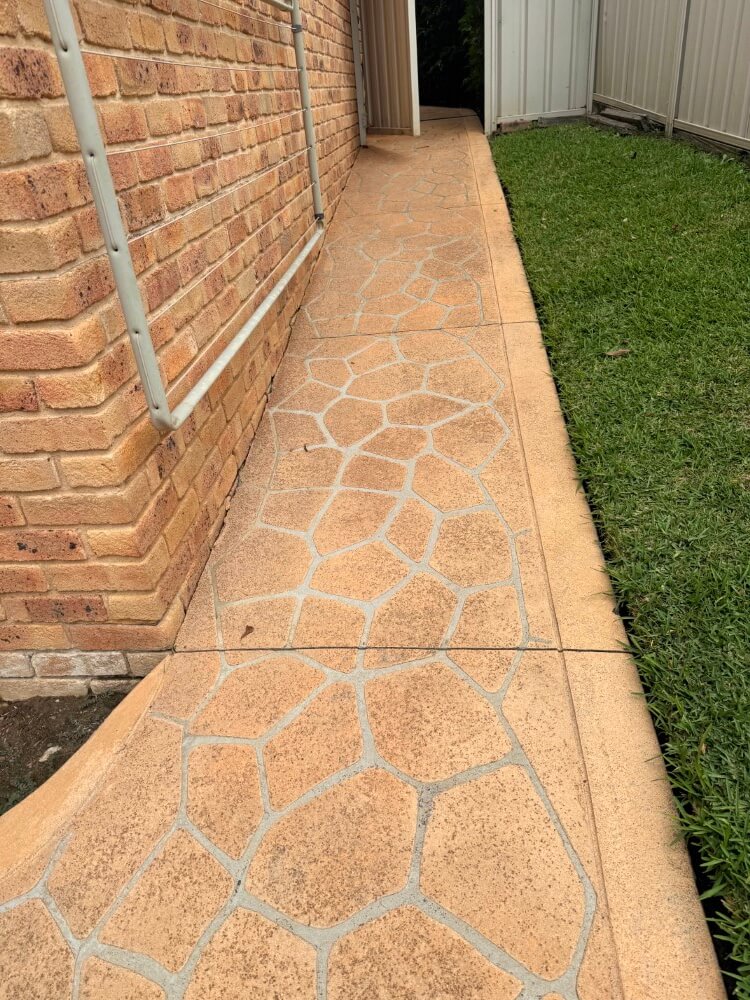
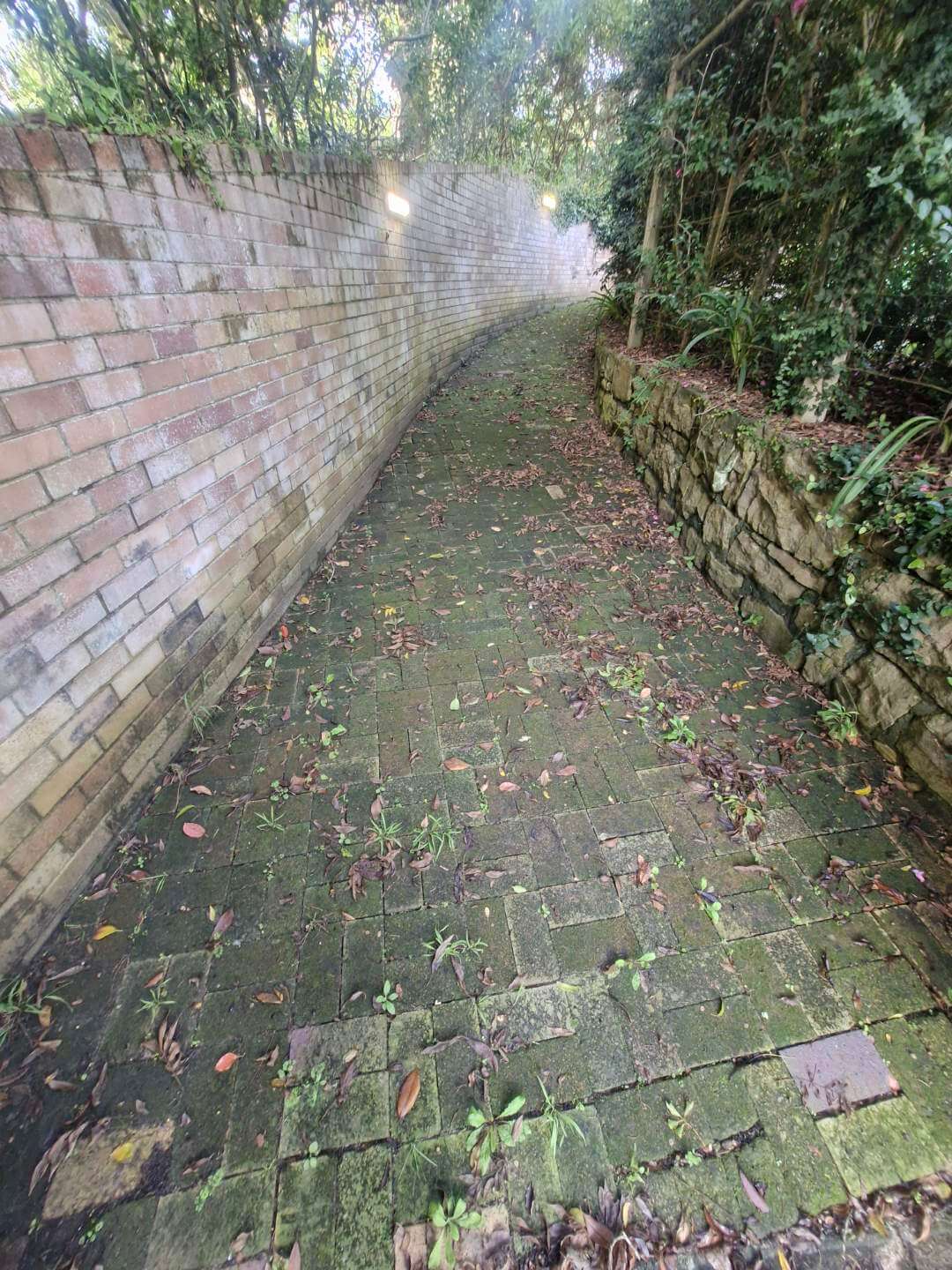
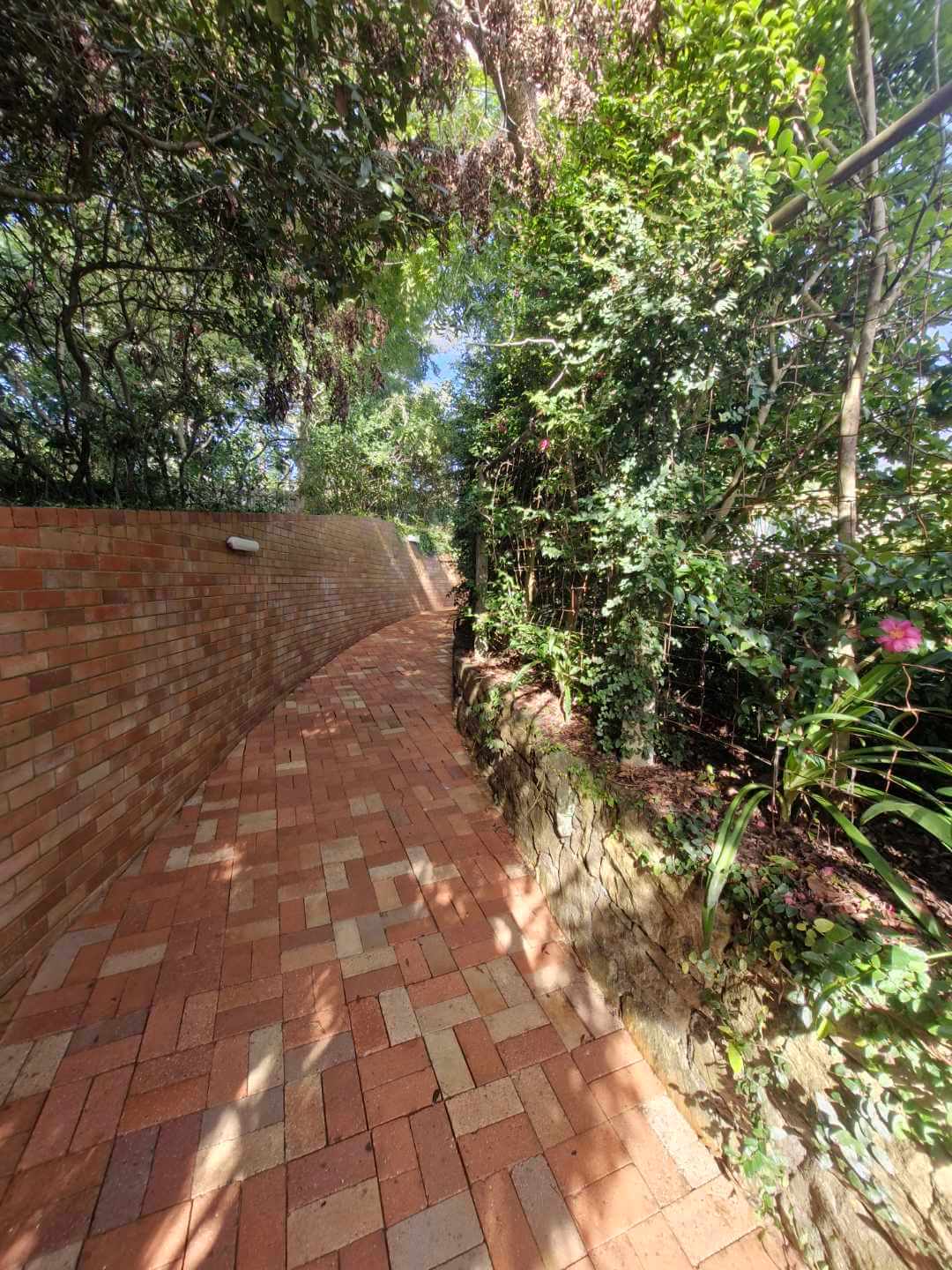


When’s the Best Time to Book a Pressure Clean?
The ideal timing depends on the season, local climate, and the type of contaminants affecting your property. Winter is ideal for removing moisture-loving growth like mould and lichen before they cause surface damage. Spring and summer are perfect for improving curb appeal, preparing for outdoor events, or freshening up before sale or rental.
Regular seasonal cleaning also helps extend the life of your surfaces and keeps your property looking well maintained year-round.
Read more about the best time to pressure clean your property here.
Which Method Is Right for Your Property?
At Glason High Pressure Cleaning, we assess your surfaces and contaminants before we begin. In many cases, both methods are used together—for example, soft washing a façade and pressure cleaning the driveway in one service.
The goal is always the same: a cleaner, safer, longer-lasting result without risking damage to your property.
Because the right method matters—your property deserves more than a one-size-fits-all approach.
